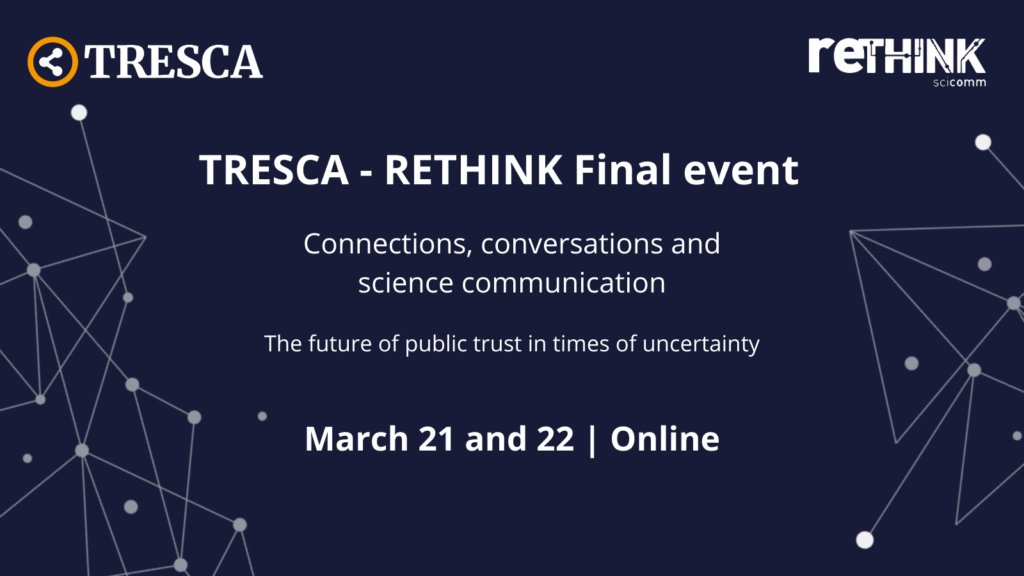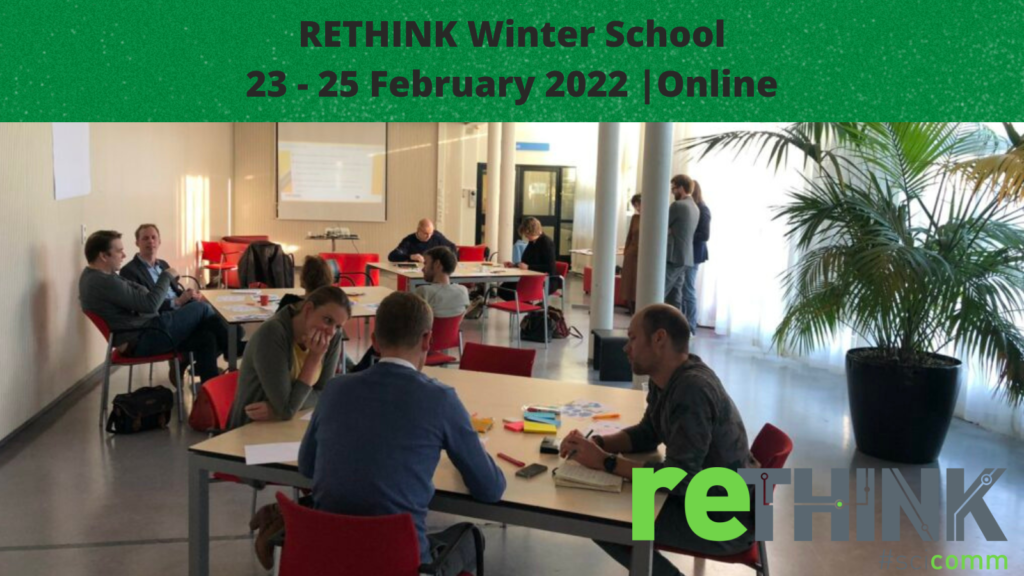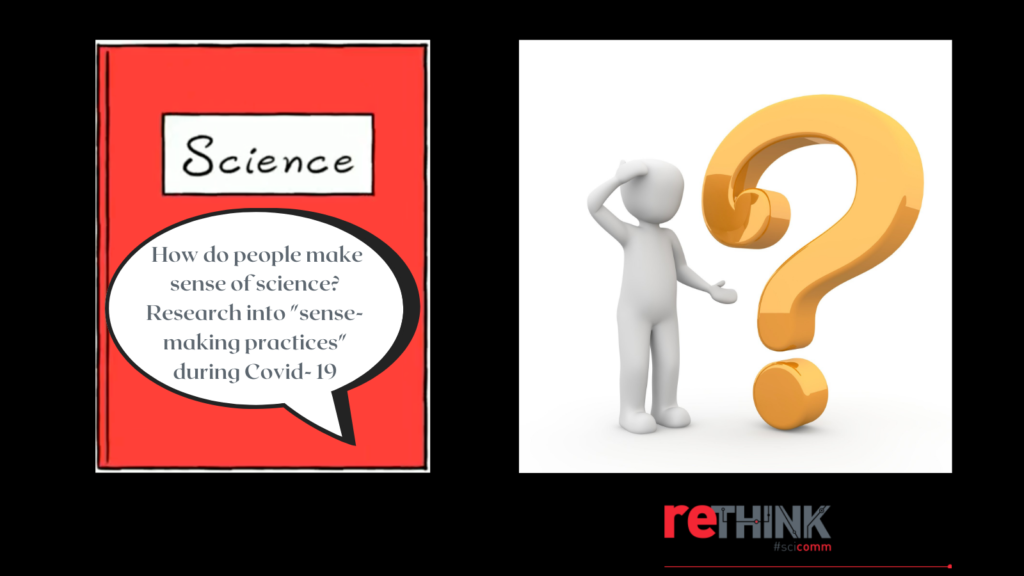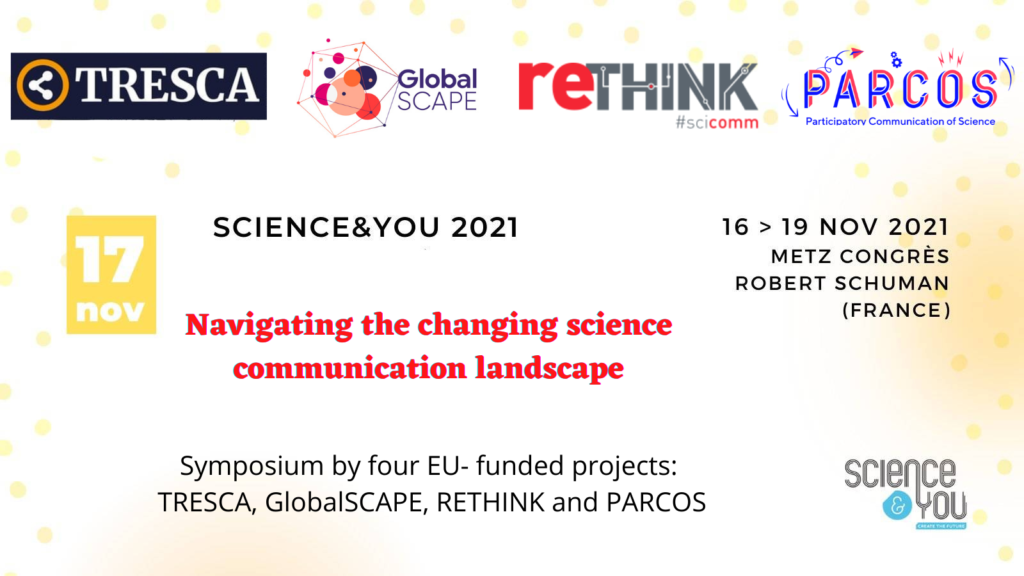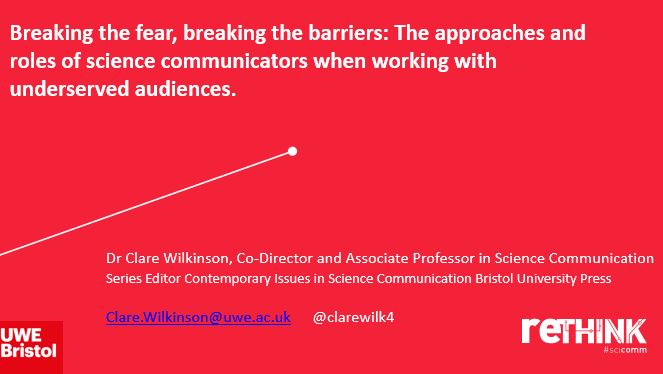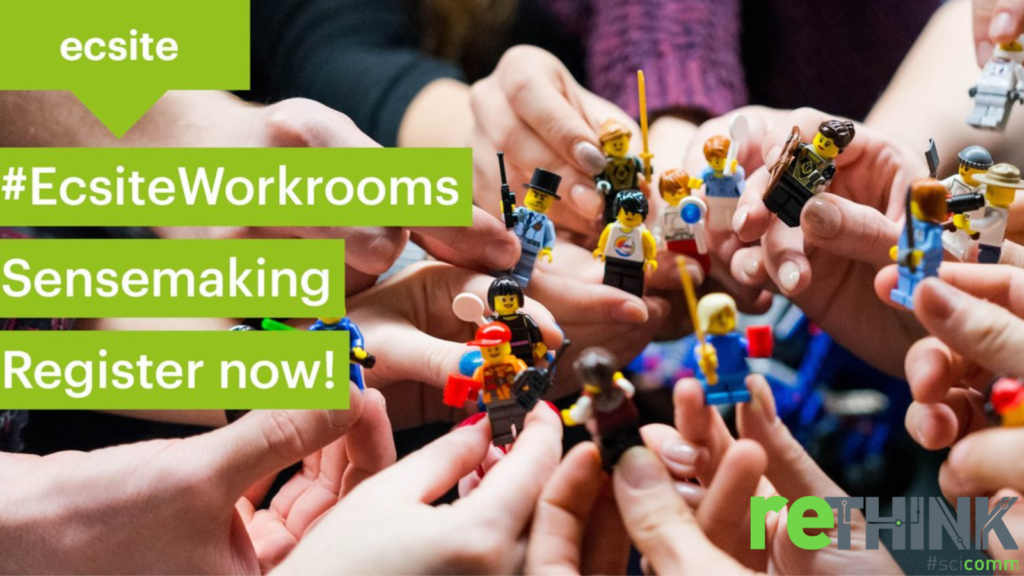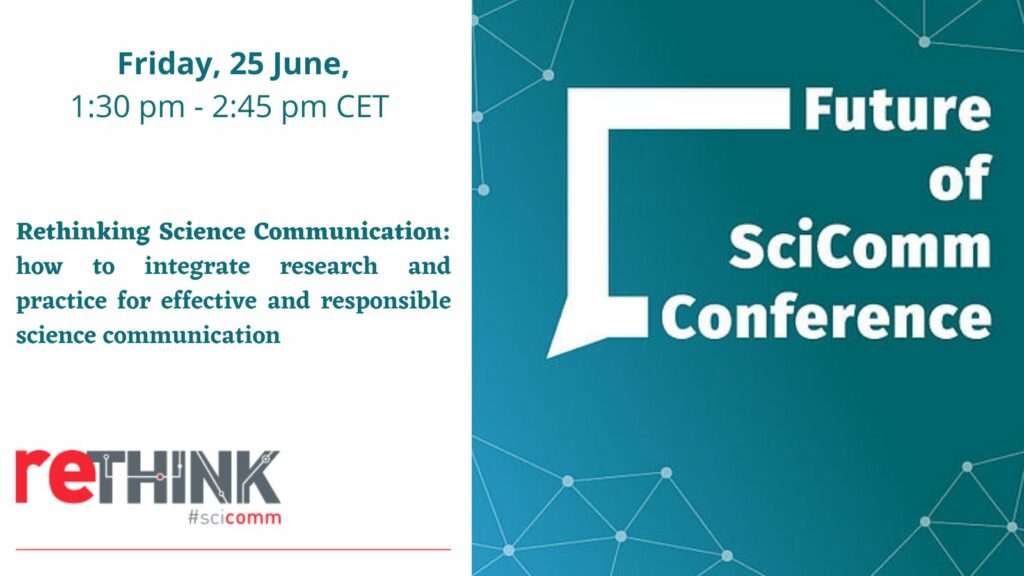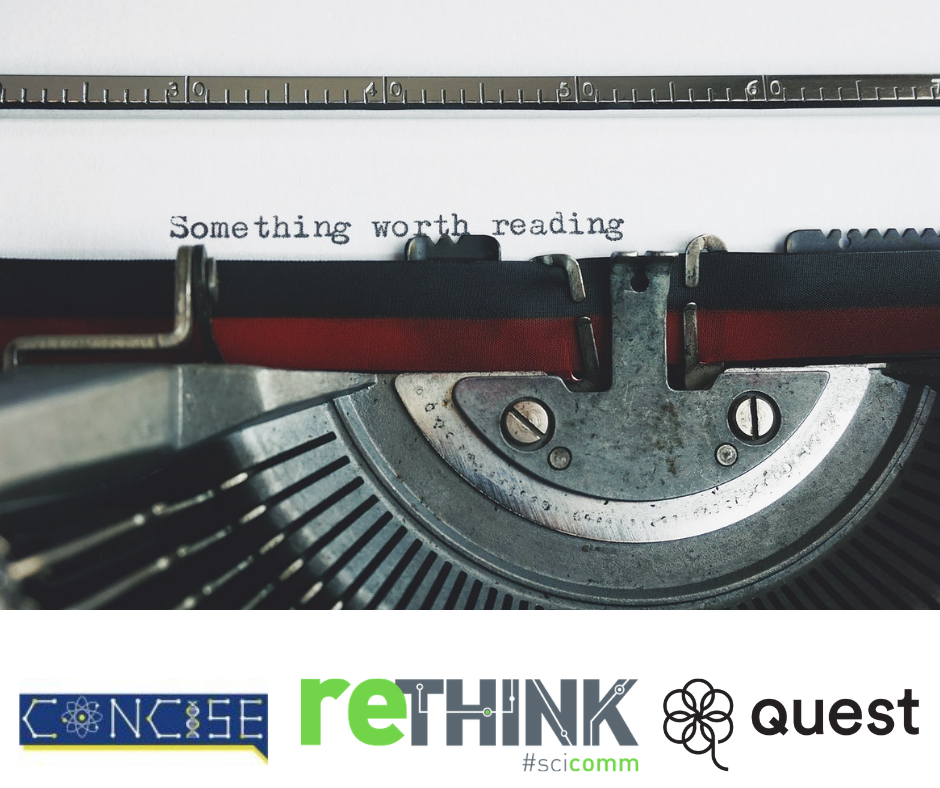Inclusion, reflection and co-creation: responsible science communication across the globe
Science communication is at the heart of many of the challenges our societies face today. At the same time, on-going changes in the relationship between science and society and the digitalisation of society can make science communication itself into a complex challenge.
How can science communication adapt to an ever-changing landscape and take on new roles? In this issue we explore the potential of ‘responsible science communication’ to support and develop meaningful, open and trustworthy relationships between science and society. We present a selection of papers that review three crucial dimensions of ‘responsible science communication: reflexivity, inclusivity and co-creation’. Integrating theory and practice, this issue advocates that researchers and practitioners should be mindful of these dimensions to create meaningful conversations about science and our future.
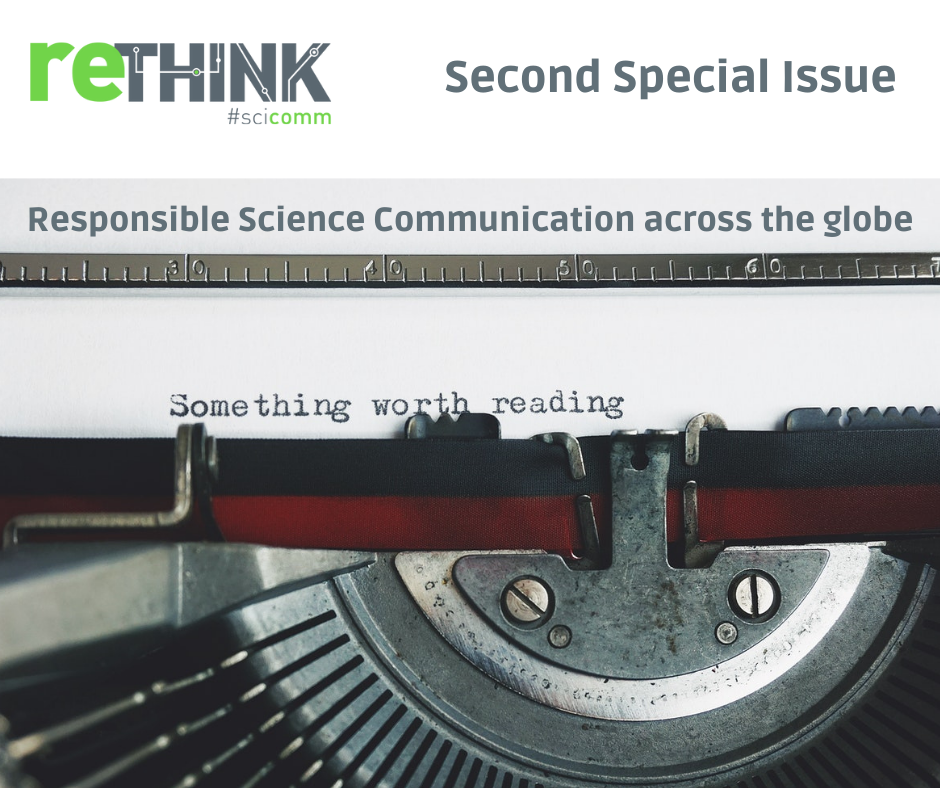
The special issue tackles the concept of ‘responsible science communication’ in light of the complex challenges of the current science communication landscape. From an RRI perspective, these challenges require an active participation of research and innovation actors in communication processes around research and innovation, now and in the future.
Furthermore, it requires these processes to be reflexive, in terms of the critical reflection of individuals and institutions, ‘holding a mirror up to one’s own activities, commitments and assumptions’ [Stilgoe, Owen and Macnaghten, 2013], and inclusive, in terms of the early and active engagement of a wide range of actors and stakeholders to take their needs and concerns into account from start to finish.
Increasingly, co-creation is recognized as a suitable approach to operationalize these dimensions of RRI. Five contributions to this special issue highlight these three aspects of ‘responsible science communication’: inclusivity, reflexivity and co-creation. We have invited the authors to explore these notions particularly by reflecting on science communication practices. For the commentary section of this special issue, we have invited authors to reflect on the notion of ‘responsible science communication’ from the perspective of different regions of the world.
You can find all the papers of the Special Issue HERE.

